Inclusive Lending
Accessibility in Housing: Expert Advice on Buying a Home While Disabled
September 25, 2024
Note to readers: In this piece, we use both “disabled people” and “people with disabilities.” There are nuances to both terms and members of the community may prefer different language.
Anyone can become disabled at any time. The experience can affect nearly every part of their lives, including their housing decisions.
Owning a home can provide stability, security, and community support. However, the homebuying process, and homeownership itself, is often more challenging for people who are disabled, according to experts.
A lack of accessible properties, discrimination against those with disabilities, and lack of support structures can make buying and owning a home difficult.
More than a quarter of adult Americans, 28.7%, were considered disabled as of July 2024, according to data from the Centers for Disease Control and Prevention.
Disabilities are both visible (easily seen) and invisible and can be caused by many different things including chronic illnesses, physical and mental trauma, injuries, sickness, genetic conditions, and the natural process of aging, according to experts.
Those with disabilities face more barriers to housing. This can include things like apartment and condo buildings that don’t have ramps leading to their entrances or homes that aren’t near public transportation.
"We have a complete lack of accessible property for folks who have physical challenges and communities that don't offer supports for people with either physical or cognitive challenges,” said Realtor and accessibility specialist Stephen Beard. He is based in Oakland, Calif.
“Builders and developers have been very slow to adopt universal design standards in most of the country,” he said. Universal design refers to layouts that can be accessible to most people, regardless of disabilities or physical challenges they may encounter as they age.
Disabled homebuyers should advocate for themselves
One of the most important steps disabled homebuyers can take is surrounding themselves with a team who will support them.
“Make sure you're working with a real estate agent and a mortgage lender who is sensitive to the fact that people come in lots of different shapes and sizes and stripes and considerations,” said Beard. “Your agent should be asking you questions about how you use space."
Buyers and their agents shouldn’t just be paying attention to the physical accessibility of the home, such as whether it has stairs or bedrooms on the first floor, said Beard. They should also research what kind of community support is available.
This can include the accessibility of the rest of the neighborhood, the proximity to relevant medical and mental health support services, and whether there is available public transportation.
Agents can also advocate for their clients in certain situations.
For instance, homeowner’s associations (HOA’s) are bound to the Fair Housing Act, which protects disabled homebuyers and owners from discrimination.
An example would be if someone is considering purchasing a condo, but the parking spot assigned to the unit isn’t accessible to the unit. The buyer or their agent can request a closer spot to accommodate their disabilities. They may be able to get one if it is available.
It is important to note that private sellers are not obligated to provide accommodations to disabled buyers.
Disabled buyers may be eligible for financial assistance and protections
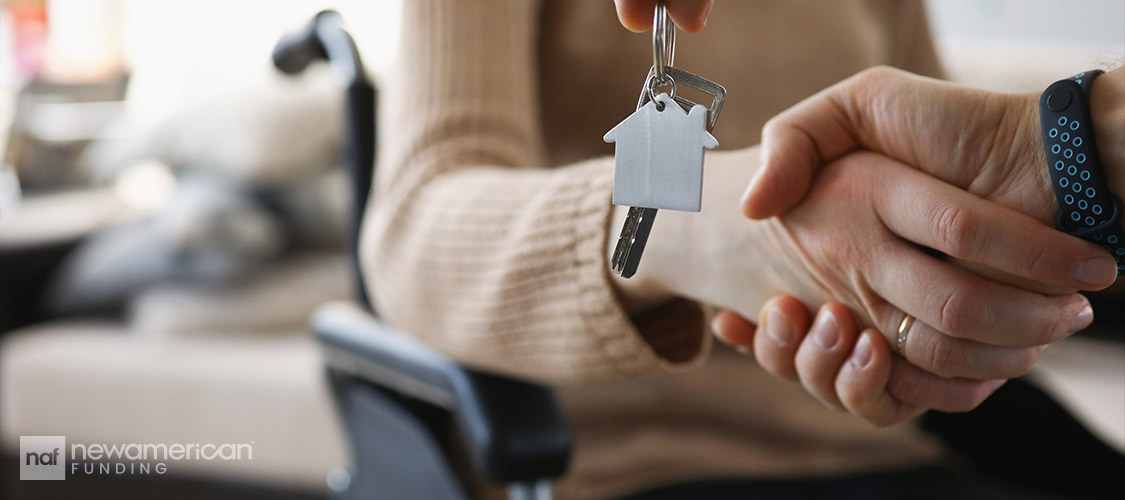
Those with disabilities may be eligible for government protections as well as down payment assistance programs (DPAs.)
The Fair Housing Act protects disabled homebuyers from discrimination at every point in the mortgage process, according to the U.S. Department of Housing and Urban Development.
Lenders cannot refuse to make or refinance a mortgage based on someone’s disability status. They also can’t refuse to provide loan information, change the terms and conditions, or discriminate in providing other financial assistance.
The Fair Housing Act also protects buyers against discrimination during the appraisal process.
Loans that can be used for renovations, like the FHA 203(k) loan, can be used to upgrade the accessibility of a home.
There are also many down payment assistance programs available across the country for disabled homebuyers and homeowners. These are generally grants or low-interest loans they can use to purchase or update a home.
For instance, the U.S. Department of Veterans Affairs (VA) offers housing grants for veterans and service members with specific service-connected disabilities. This funding is offered from government agencies, organizations, and non-profits for many different needs that buyers may be eligible to receive depending on their circumstances.
“If I'm a first-time homebuyer who has a disabling condition, I want to find a mortgage lender who is willing to help me scour the available down payment assistance programs that could help me,” said Beard. “Every jurisdiction has a different [variety of] down payment assistance support that is available.”
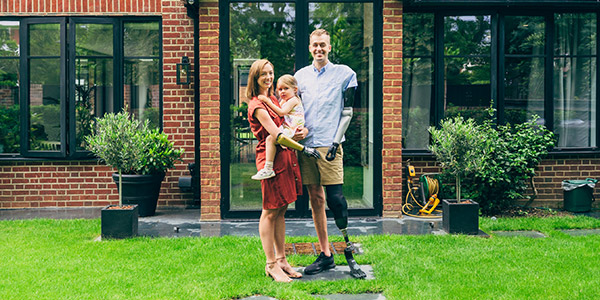


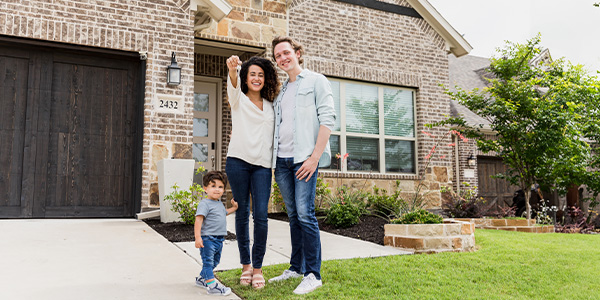
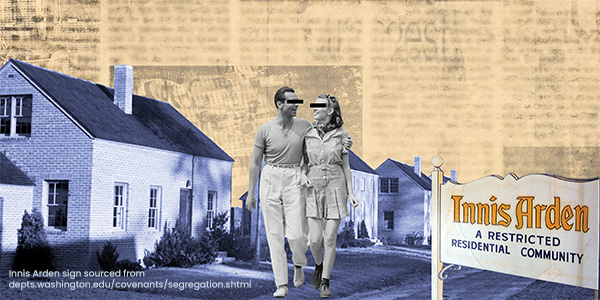
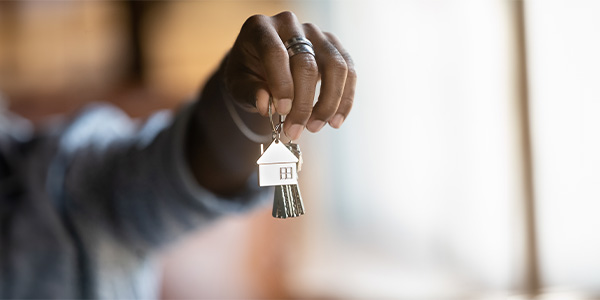
 Smart Moves Start Here.
Smart Moves Start Here.